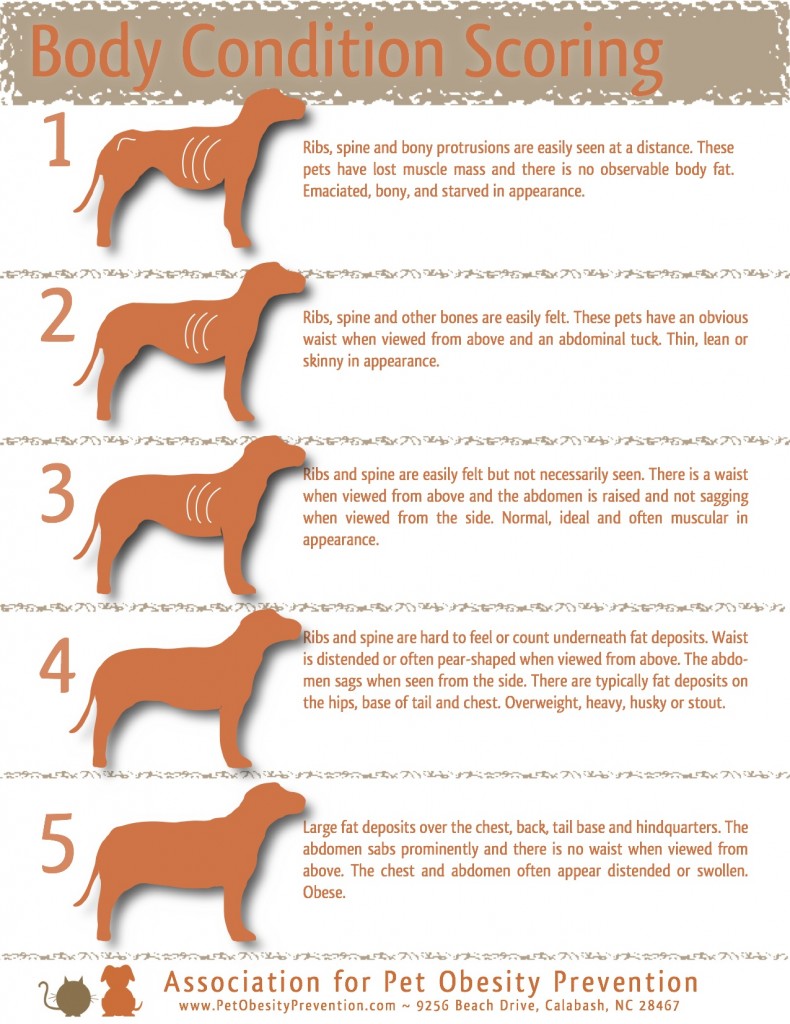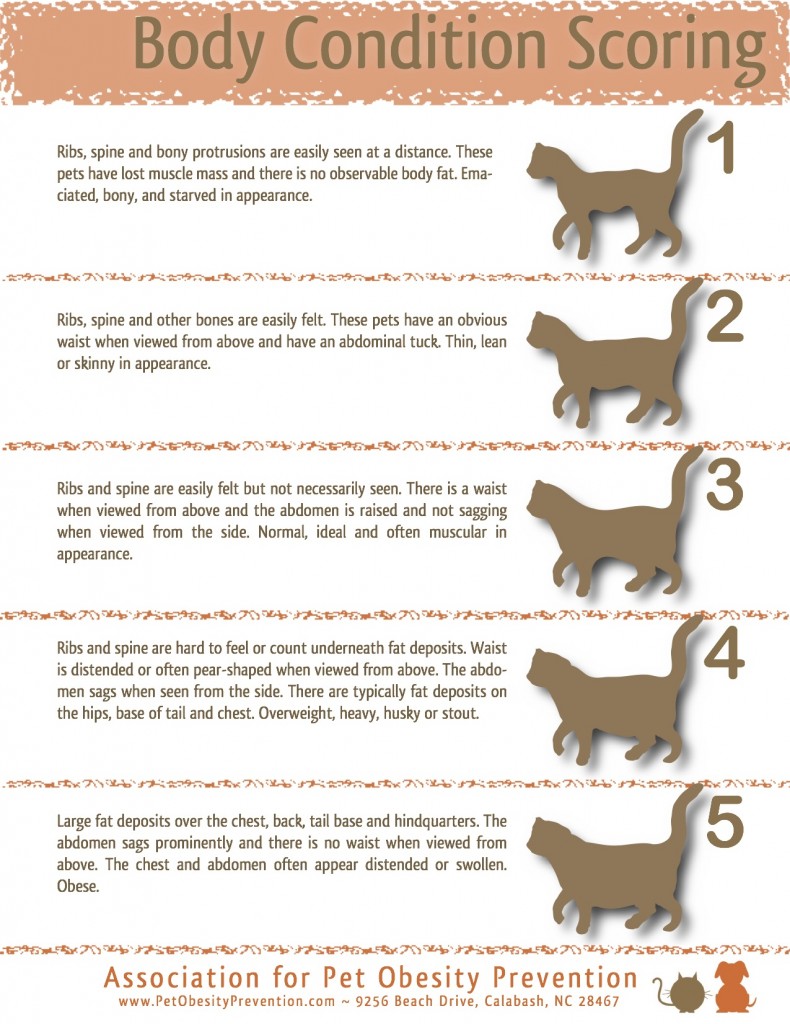 It is a sad end to what we hoped would be a Biggest Loser-esque tale of weight loss and redemption: on Saturday, Meow, the 39-lb. rescue cat from the Santa Fe Shelter & Humane Society died from respiratory complications related to his obesity.
It is a sad end to what we hoped would be a Biggest Loser-esque tale of weight loss and redemption: on Saturday, Meow, the 39-lb. rescue cat from the Santa Fe Shelter & Humane Society died from respiratory complications related to his obesity.
Mary Martin, the humane society’s executive director, announced the tragedy Monday via Facebook:
“I am devastated to share with you that the respiratory distress that Meow was experiencing last week took his life,” writes Martin. “Although four different veterinarians worked with Meow, we were unable to stop the progression of what turned out to be pulmonary failure.”
Meow came to the Santa Fe Shelter & Humane Society in April after being surrendered by his 87-year-old owner, and the shelter was working closely with Meow’s foster family and local veterinarians to improve Meow’s diet, and help the larger-than-life kitty learn to be more mobile. And although his giant size made him an instant celebrity — Meow made appearances on both Today and Anderson 360 — his condition was nothing to celebrate.
Unfortunately, the epidemic of obesity that continues to plague our country is not limited to humans; many dogs and cats, including those living in pet shelters, also suffer the effects of poor diet and insufficient exercise. So if you’re looking for an idea of how you can help the dogs at your local shelter, why not volunteer your time to help walk dogs or spends some quality play time with the cats? Walks and one-on-one play time not only provide exercise to keep pets healthy, they also provide much needed mental stimulation and socialization — something that can help make animals happier, calmer, and more adoptable.
For more information on what you can do to help pets — your own, your fosters, or those you spend time with at your local shelter — fight the battle of the bulge, check out some of the great information from the Association for Pet Obesity Prevention website. And in the meantime, take a look at these helpful charts and see where your pet stands!


